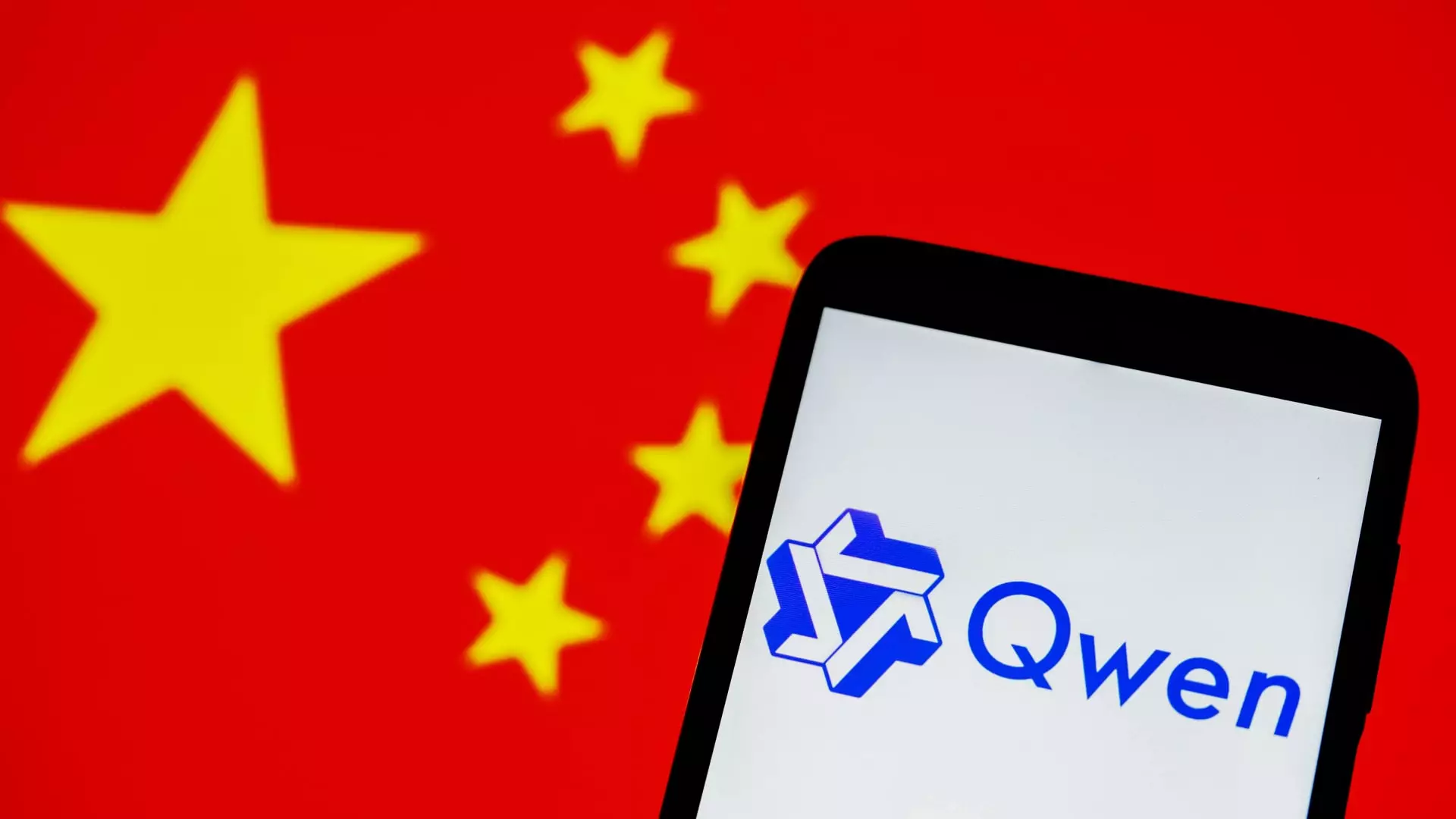Alibaba has recently unveiled its latest advancement in artificial intelligence, the Qwen3 model series, heralded as a pivotal moment in the burgeoning Chinese open-source AI landscape. This new release, presented as a powerful successor to earlier models, is gaining accolades from industry experts who view it as a clear sign of China’s escalating prowess in the AI domain, particularly in developing sophisticated, competitive open-source technologies. With its focus on reasoning, instruction adherence, tool utilization, and bilingual capabilities, Qwen3 is asserting itself as a formidable contender against other heavyweights in AI, setting a high bar for future innovations in the field.
The Versatile Architecture of Qwen3
What sets Qwen3 apart from its predecessors and competitors is its rich array of eight different variations, each designed to accommodate diverse applications across varying platforms. This modular approach allows developers greater flexibility when integrating the Qwen series into their AI solutions, particularly for edge devices like smartphones and tablets. The architecture of Qwen3 not only optimizes performance but also enhances user experience by adapting to different operational needs in real-time. Moreover, the introduction of “hybrid reasoning models” marks a significant evolution in how AI can function in complex scenarios. This innovative approach enables Qwen3 to switch fluidly between detailed, thoughtful responses for intricate tasks, such as software coding, and quicker, more general answers, greatly broadening its applicability.
Cost Efficiency and Accessibility
One of the standout features of the Qwen3 series is its focus on reducing deployment costs, particularly with its Qwen3-235B-A22B MoE model. In an era where AI development expenses often deter organizations from fully harnessing machine learning capabilities, Alibaba’s commitment to accessibility is commendable. By making high-performance, cost-efficient models available to users, not only does Alibaba position itself as a pioneer in AI accessibility, but it also disrupts conventional market barriers, encouraging widespread adoption and stimulating innovation across sectors.
The Global Impact of Open-Source AI
Alibaba has set a strong precedent by ensuring that the Qwen3 models are readily accessible on platforms such as Hugging Face and GitHub, as well as through its cloud offerings. This approach aligns with the ethos of open-source software, where transparency and availability foster collaboration and enhancement of AI technologies. The demand for open-source solutions is on the rise, and Qwen3’s release is exceptionally timed to capitalize on this trend. As reported, the model series reportedly attracted over 300 million downloads and has spawned a wealth of derivative models, solidifying its position as one of the most utilized open-source AI architectures globally.
A Catalyst for Competition
The emergence of Qwen3 has indeed thrown down the gauntlet, signaling a determined push from Chinese tech giants to carve out a substantial slice of the global AI market. The competitive landscape is heating up, with other firms such as Baidu now racing to launch their own open-source models. This response from competitors underscores how Alibaba’s Qwen3 is not just a technological marvel but also a strategic catalyst that is reshaping the dynamics of industry competition, prompting companies to reassess their strategies for AI development and deployment.
Industry Experts Weigh In
Industry analysts are amplifying the significance of Alibaba’s latest offering. Wei Sun of Counterpoint Research emphasized that Qwen3 should be recognized not merely for its superior performance metrics but also for the myriad features that hint at its enormous application potential. With multilingual support for 119 languages and dialects, the model uniquely positions itself for global outreach, showcasing China’s growing influence in the realm of artificial intelligence. Moreover, as U.S. export regulations become increasingly stringent, the advancements made by Alibaba provide an insightful commentary on the resilience of Chinese tech firms in facing international hurdles.
The release of Qwen3 is emblematic of a larger trend towards democratizing AI technology, fostering competition, and leveraging open-source principles to enhance accessibility and collaboration in the AI sector. The impact of this model on the AI landscape—both locally and globally—promises to be profound and lasting.


Leave a Reply